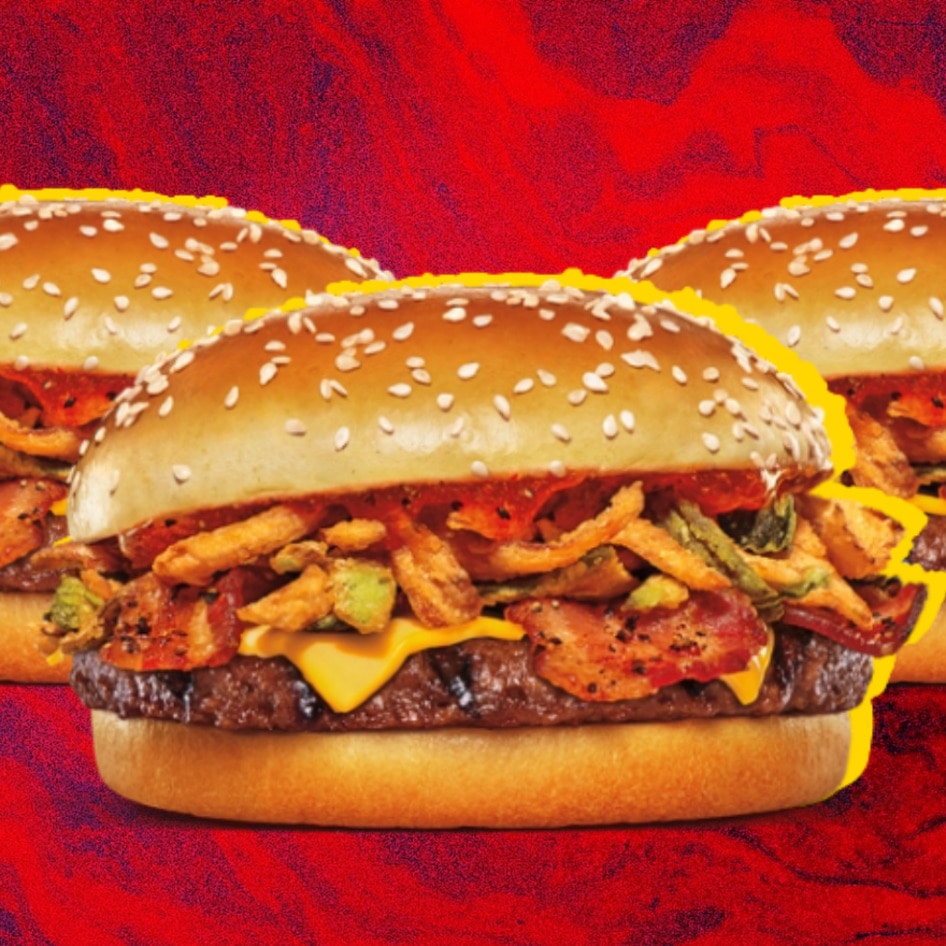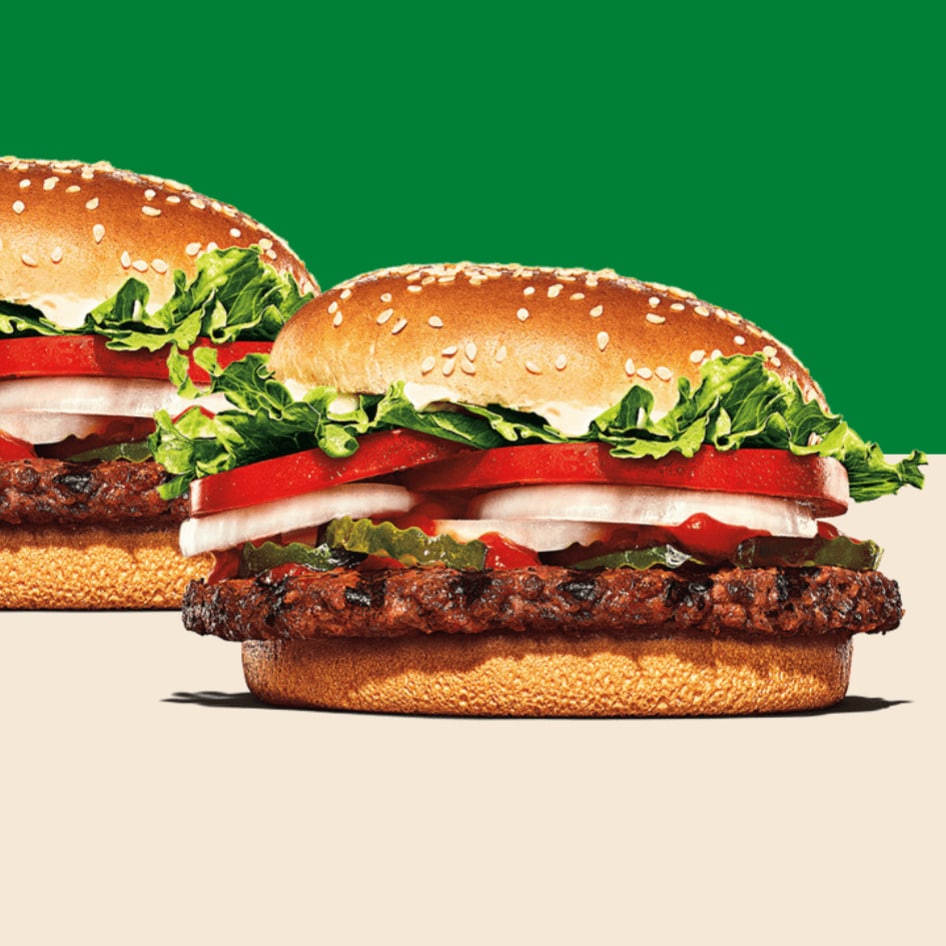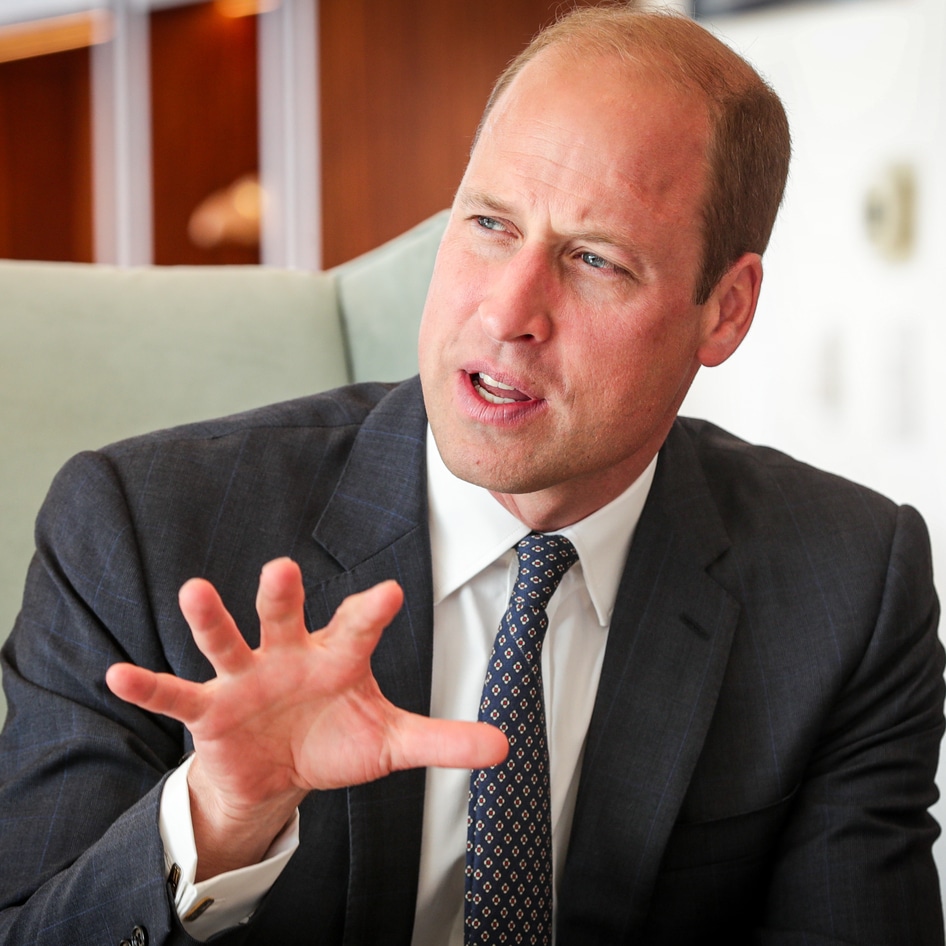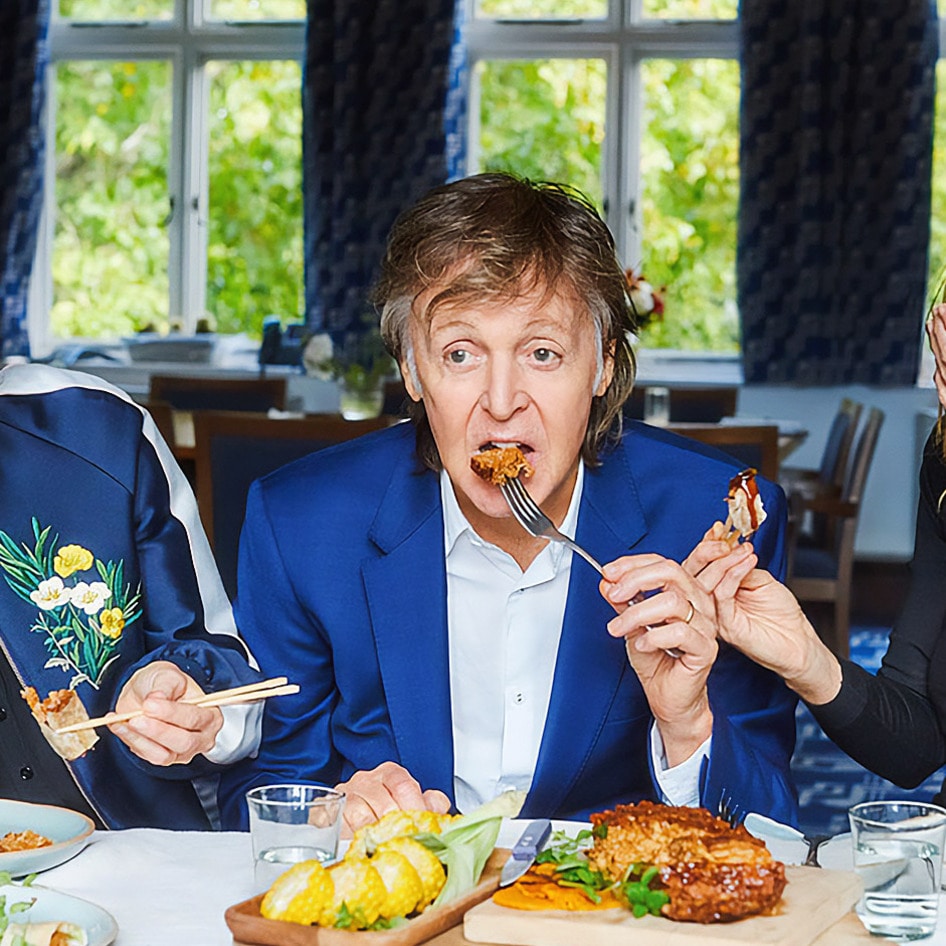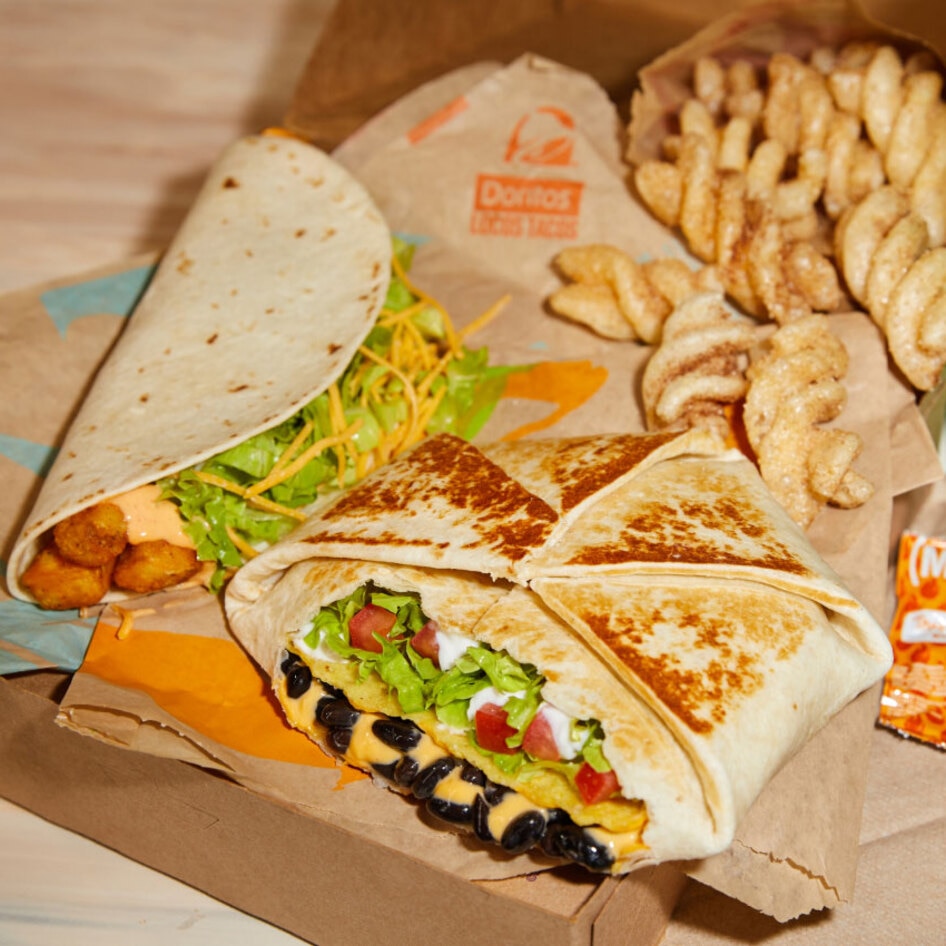Burger King’s Impact on Deforestation Exposed
Satellite footage finds that the mega fast-food chain sources its animal feed from agricultural plots responsible for deforestation of the Amazon in Brazil and Bolivia.
March 1, 2017
A new report compiled by environmental group Mighty Earth (ME) found that multinational fast-food chain Burger King sources its animal feed from areas of the Amazon rainforest cleared for soy production. To bring transparency to Burger King’s supply chain, ME interviewed local farmers, used satellite mapping technology, supply chain analysis tools, and visited 28 soy plantations across 3,000 km (1,864 miles) across Brazil and Bolivia. ME found that the fast-food chain’s suppliers—particularly food corporation Cargill—actively finance land-clearing operations in the Amazonian regions, a practice that contributes to the displacement of local populations, burning of native wetlands, and the destruction of approximately 200 million hectares (or 15 times the size of England) of natural forest and grasslands. “Burgers and fries aren’t worth the destruction of tropical rainforests,” the report states. Unfortunately, ME identifies the misguided solution to be “growing more soy and cattle on less land,” a practice that results in concentrated animal feeding operations (or factory farms) which, according to the Food and Agriculture Organization of the United Nations, have been proven to be hazardous to the environment, animal welfare, and human health. Last year, a separate report compiled by The Union of Concerned Scientists (UCS) implicated Burger King—amongst 13 other major US brands including Hormel Foods, Wendy’s, and Subway—in failing to uphold adequate protections against sourcing its meat from Amazonian lands cleared for animal agriculture.
JUMP TO ... Latest News | Recipes | Guides | Health | Subscribe

